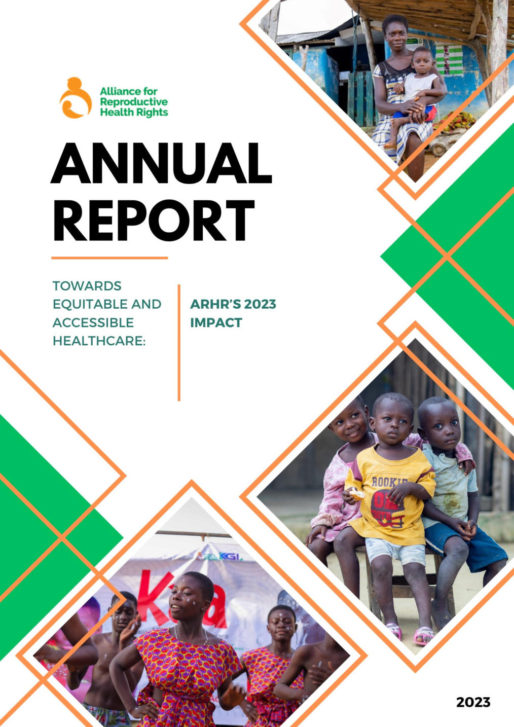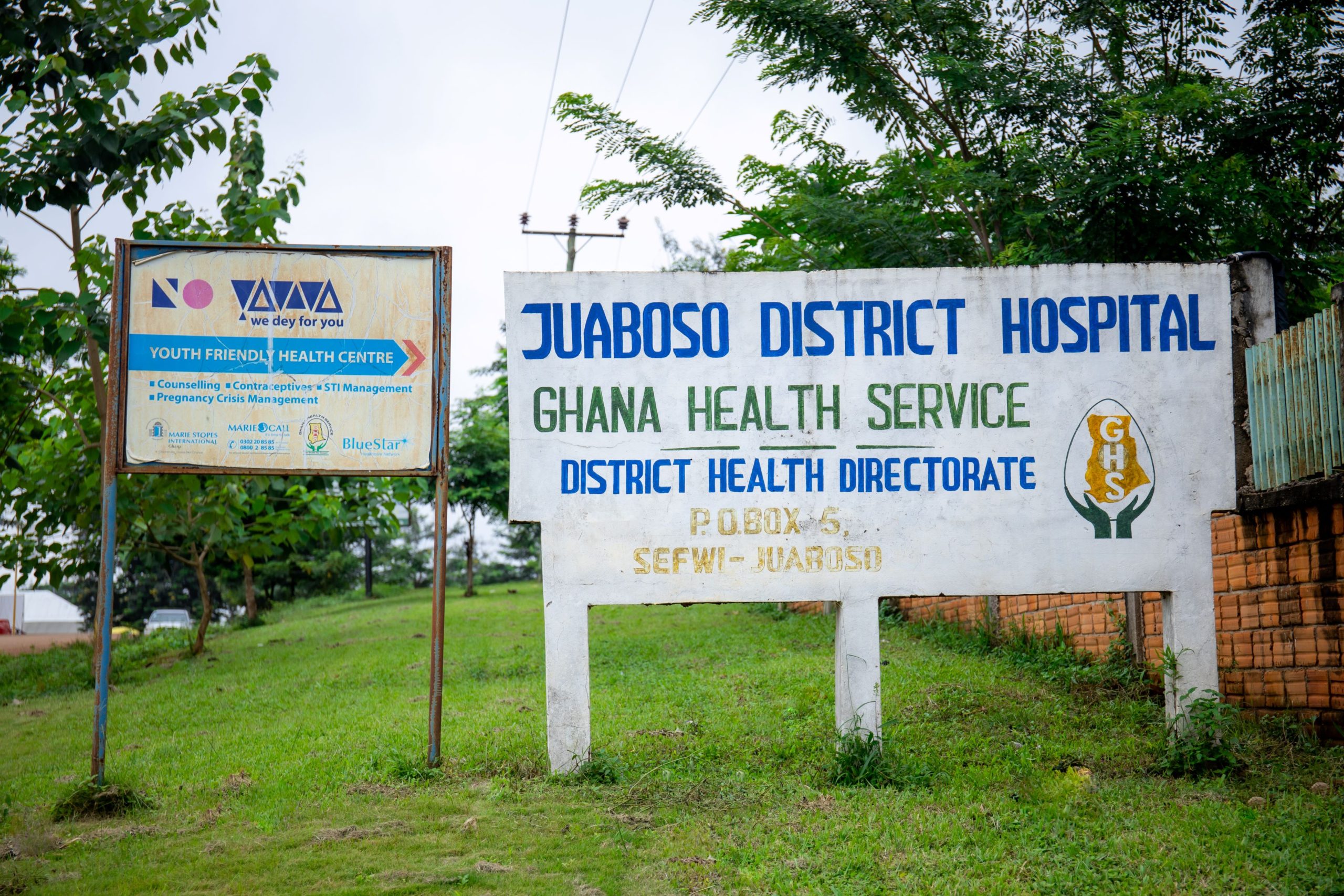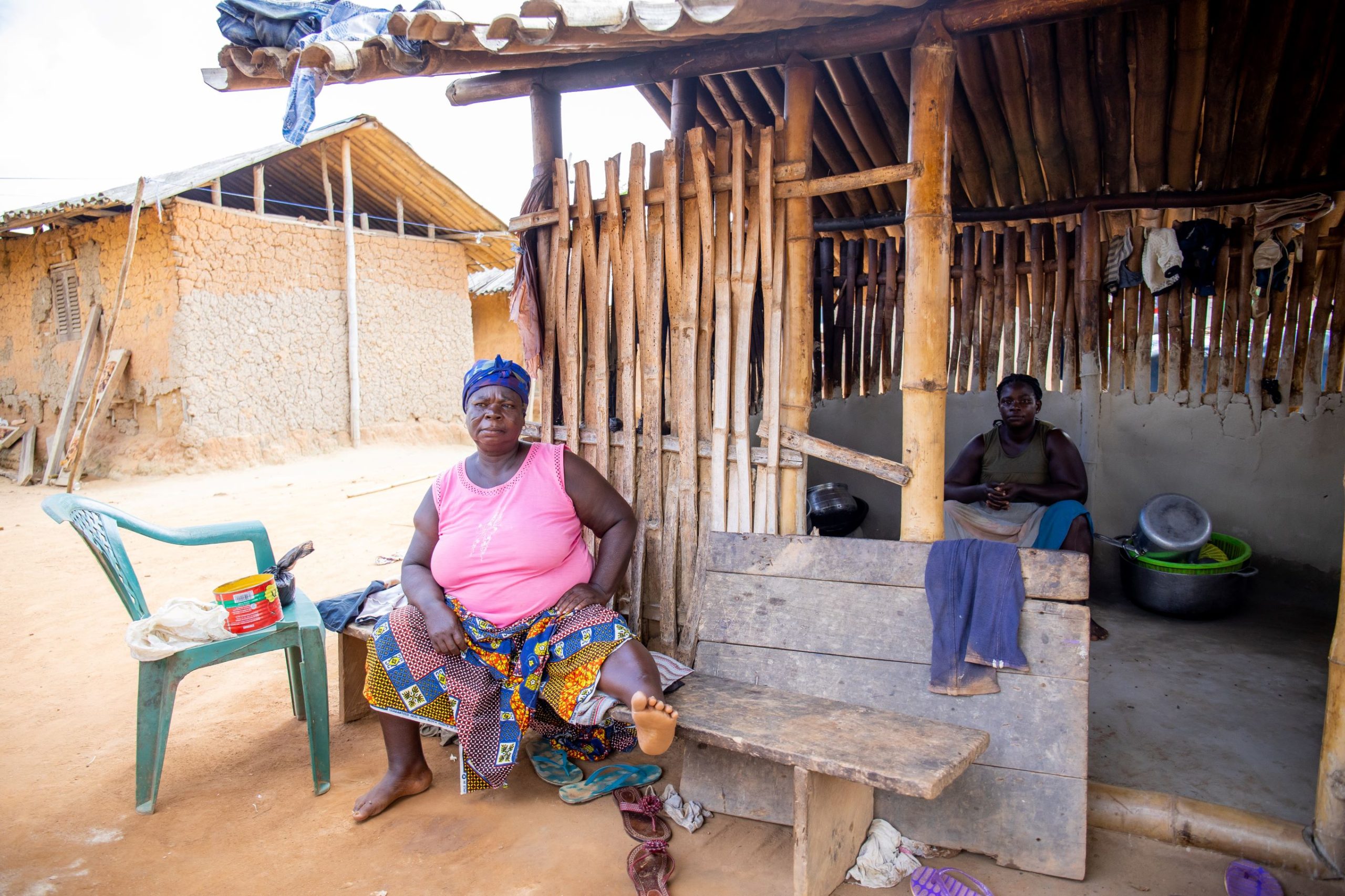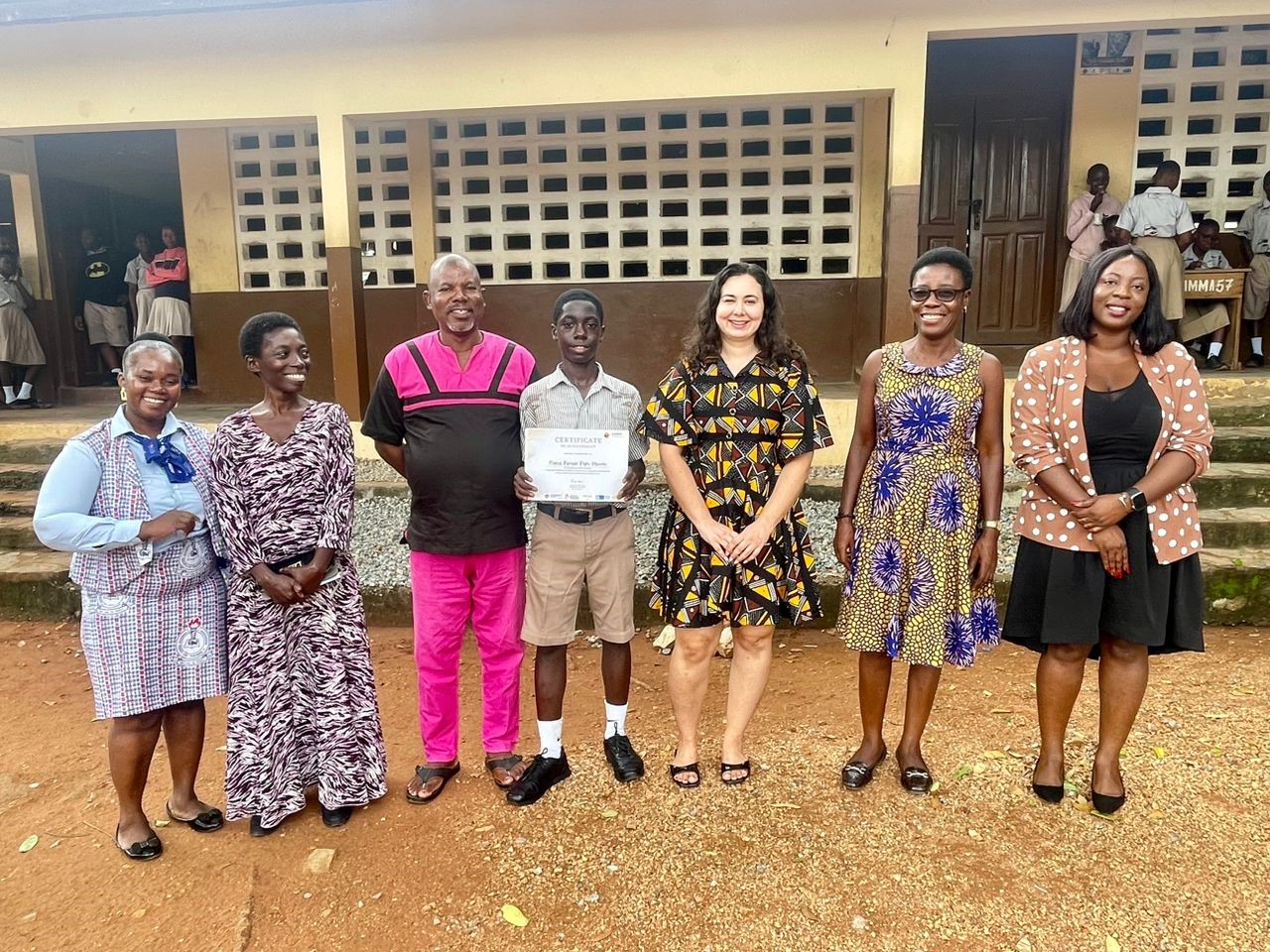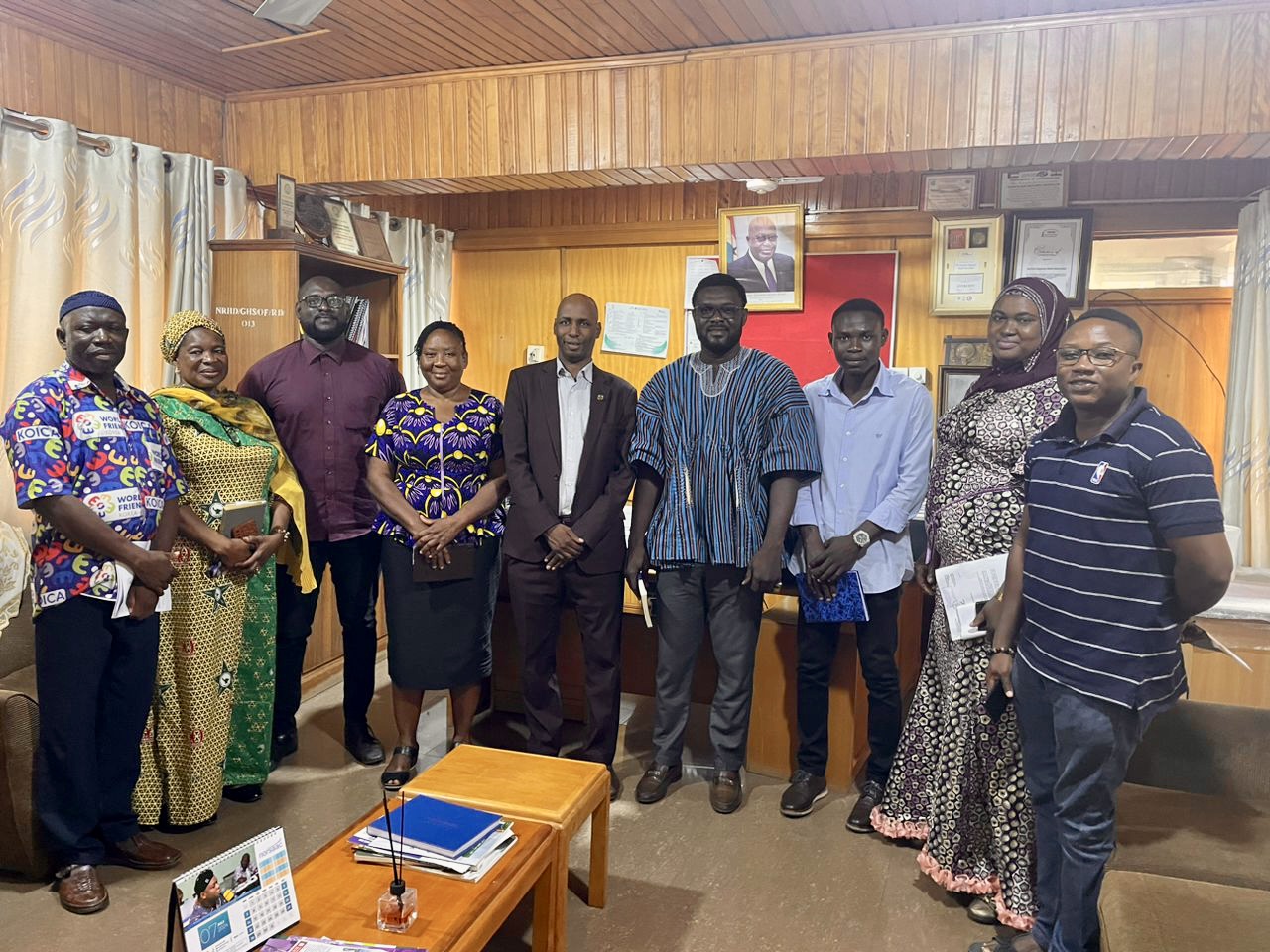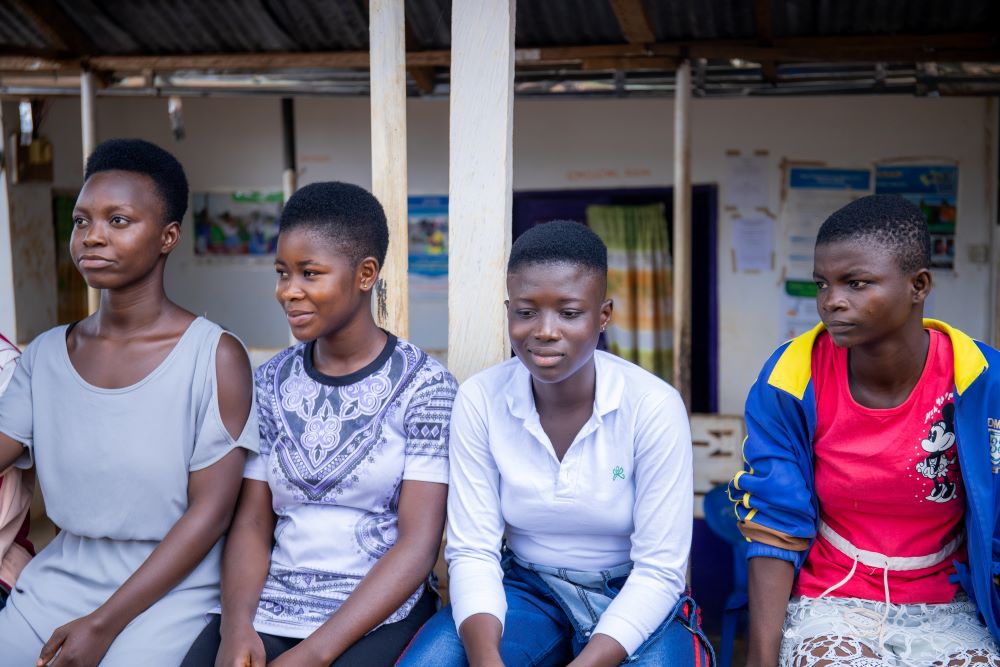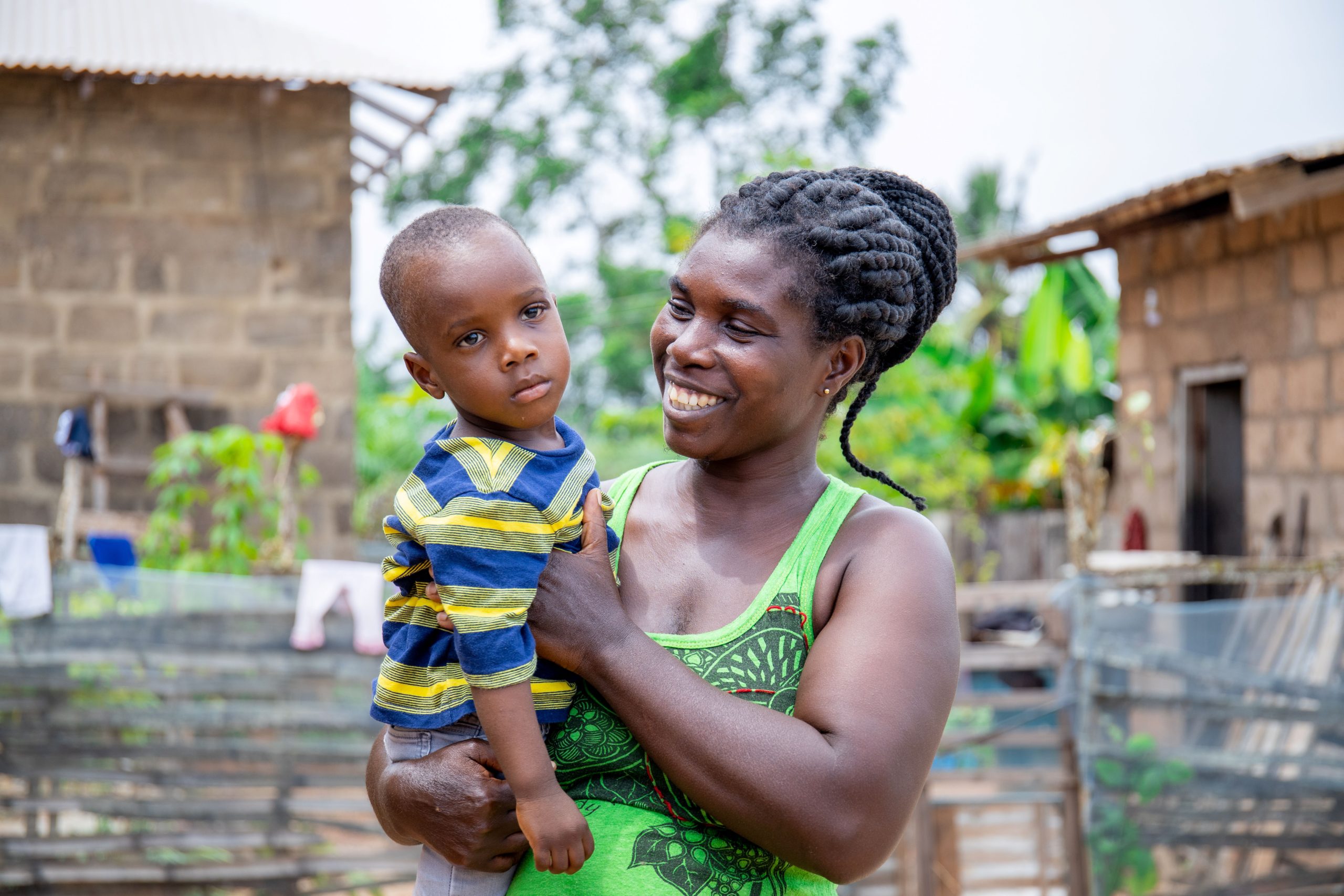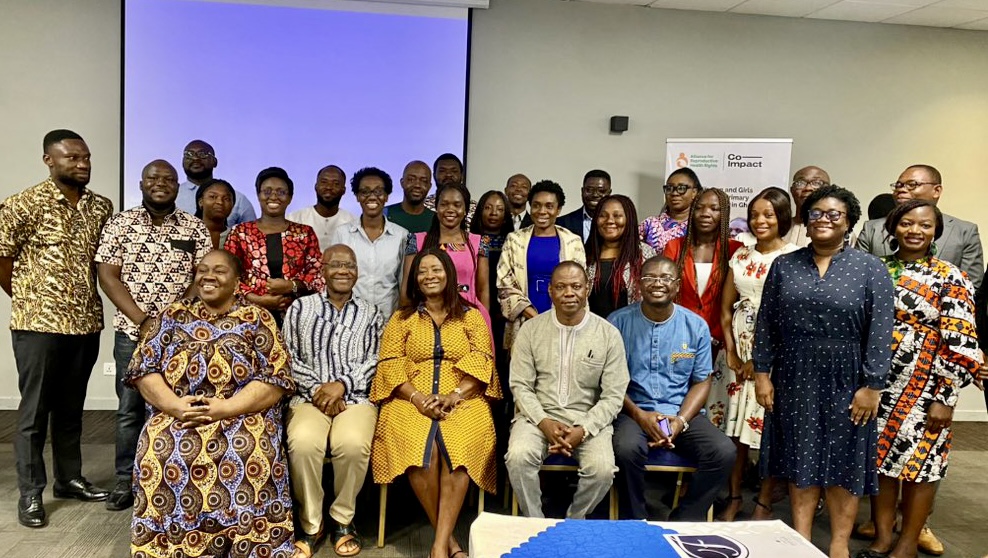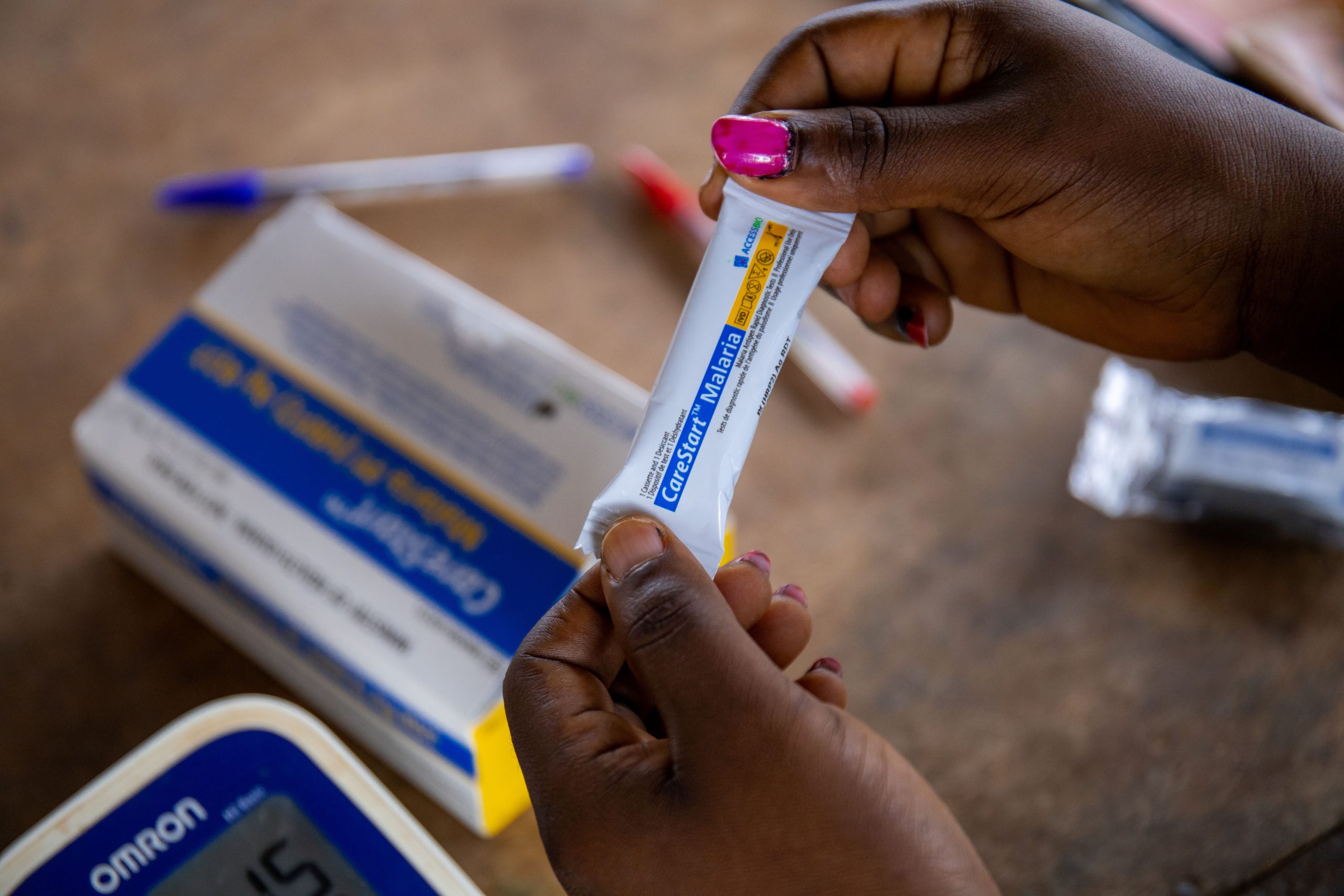2023 Annual Report
The Alliance for Reproductive Health Rights (ARHR), in the year 2023 maintained an unwavering focus on improving health outcomes for women, children, and adolescents. Our work continues to revolve around advocating for fortified primary healthcare systems and obtaining sustainable sources of funds to address the unique healthcare needs of this demographic. This annual report illuminates […]

